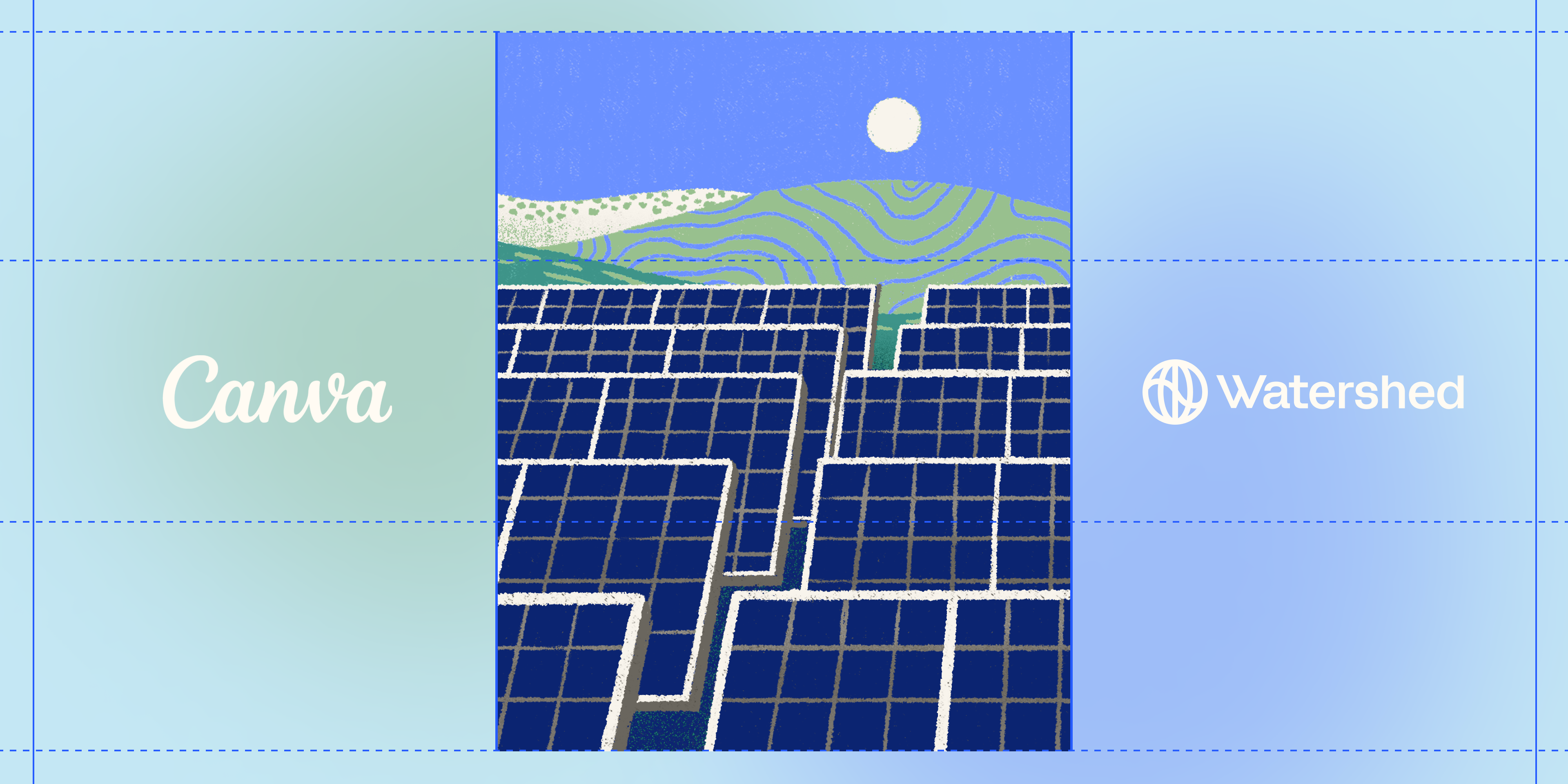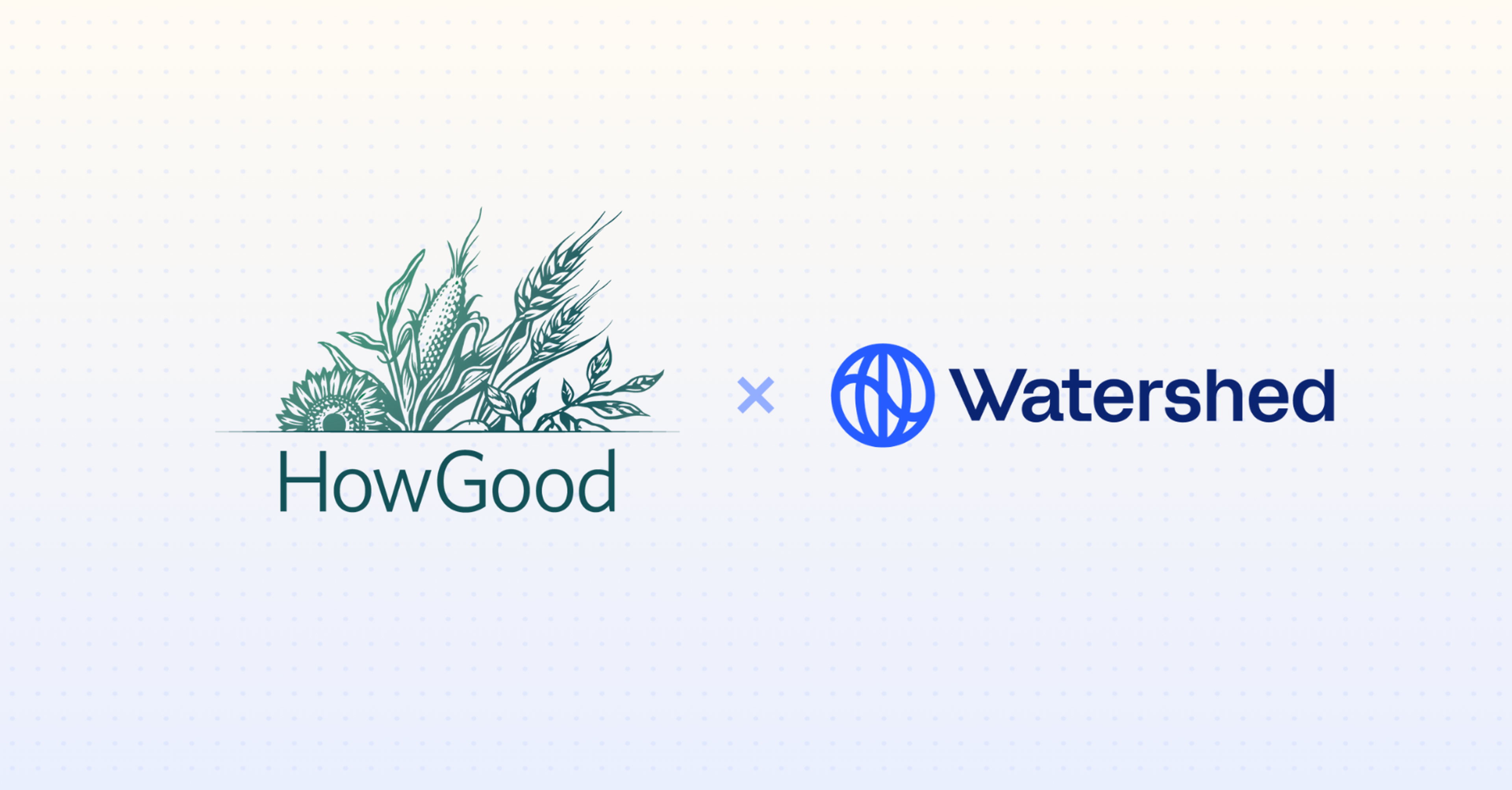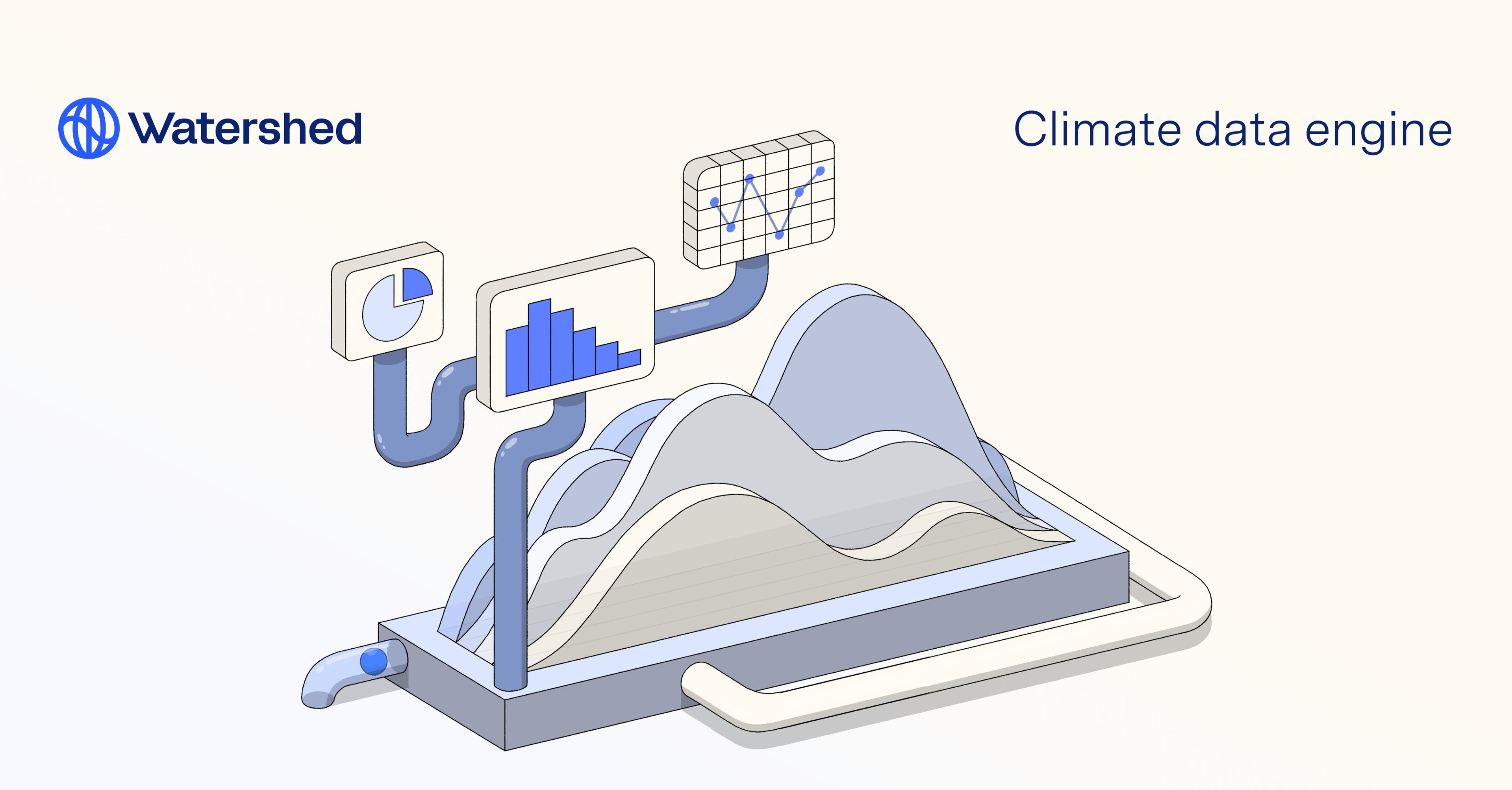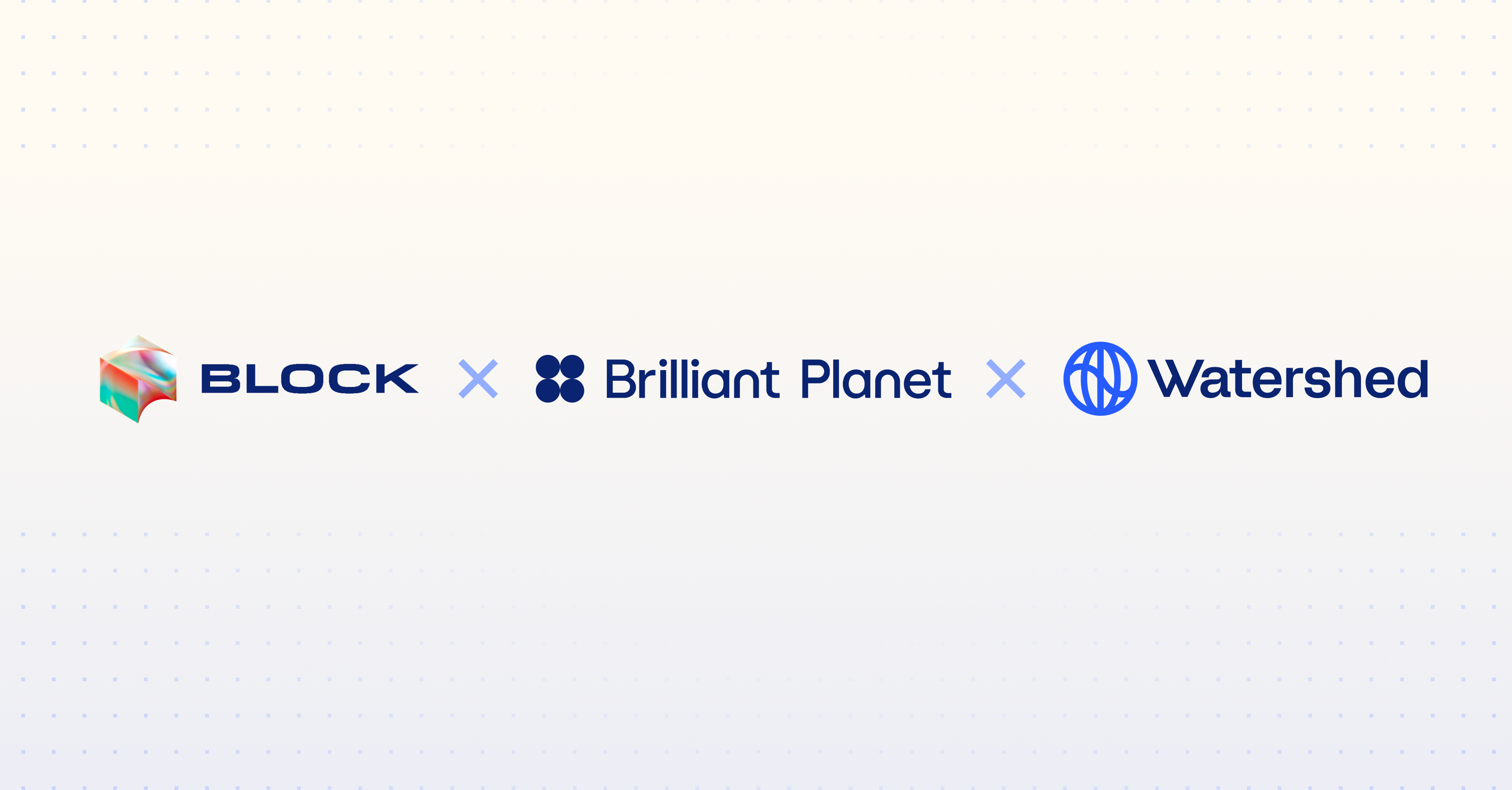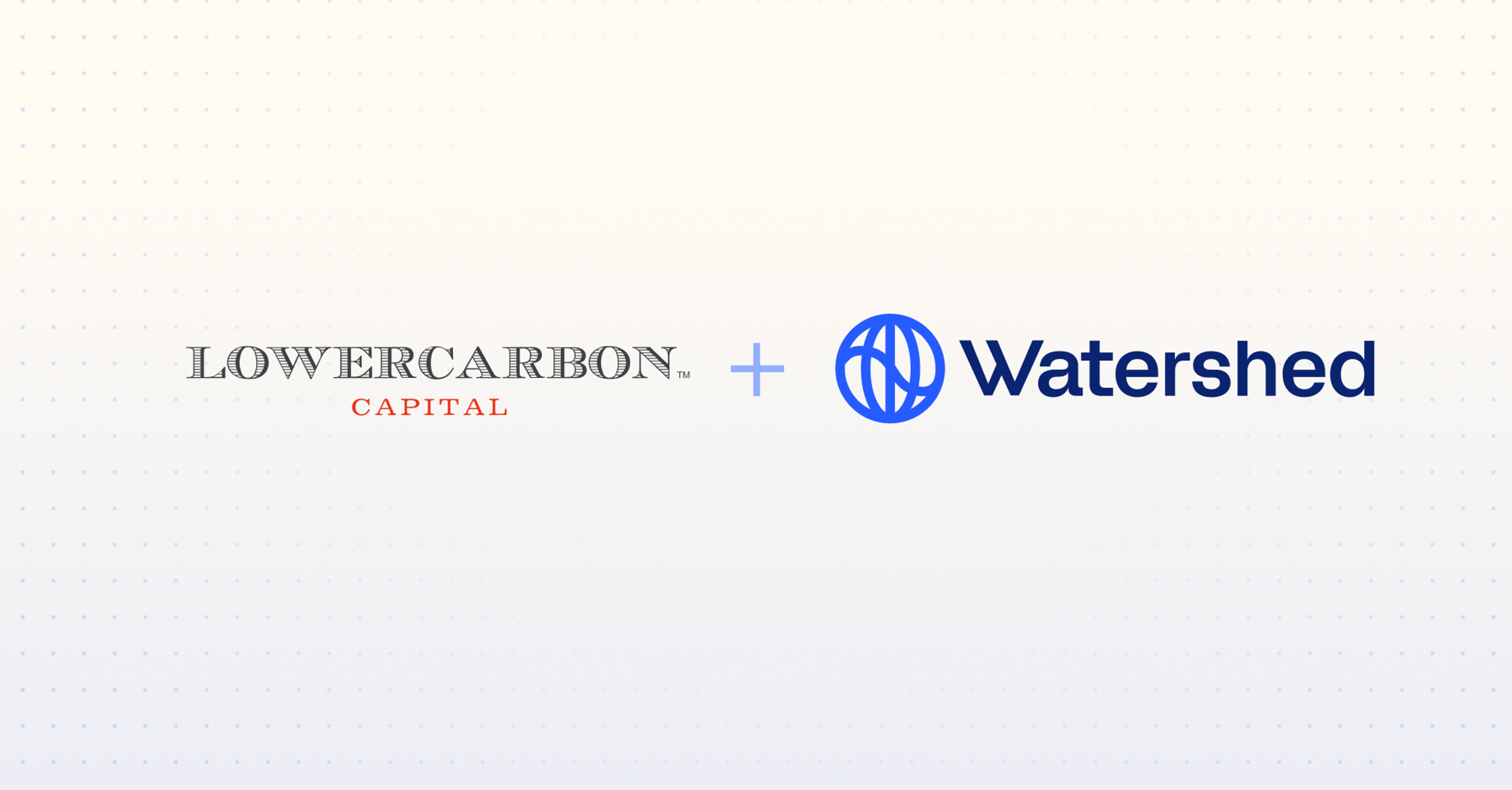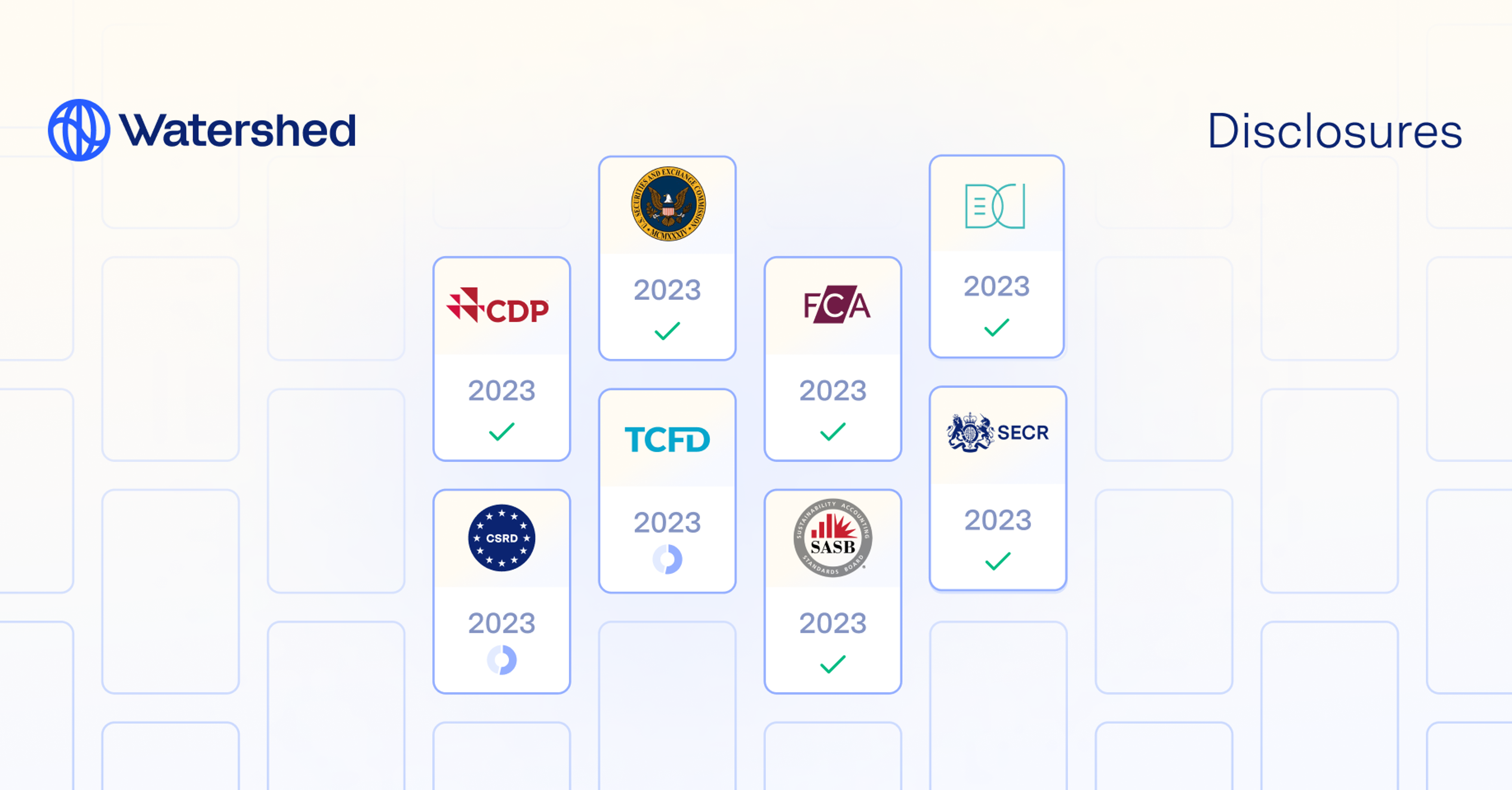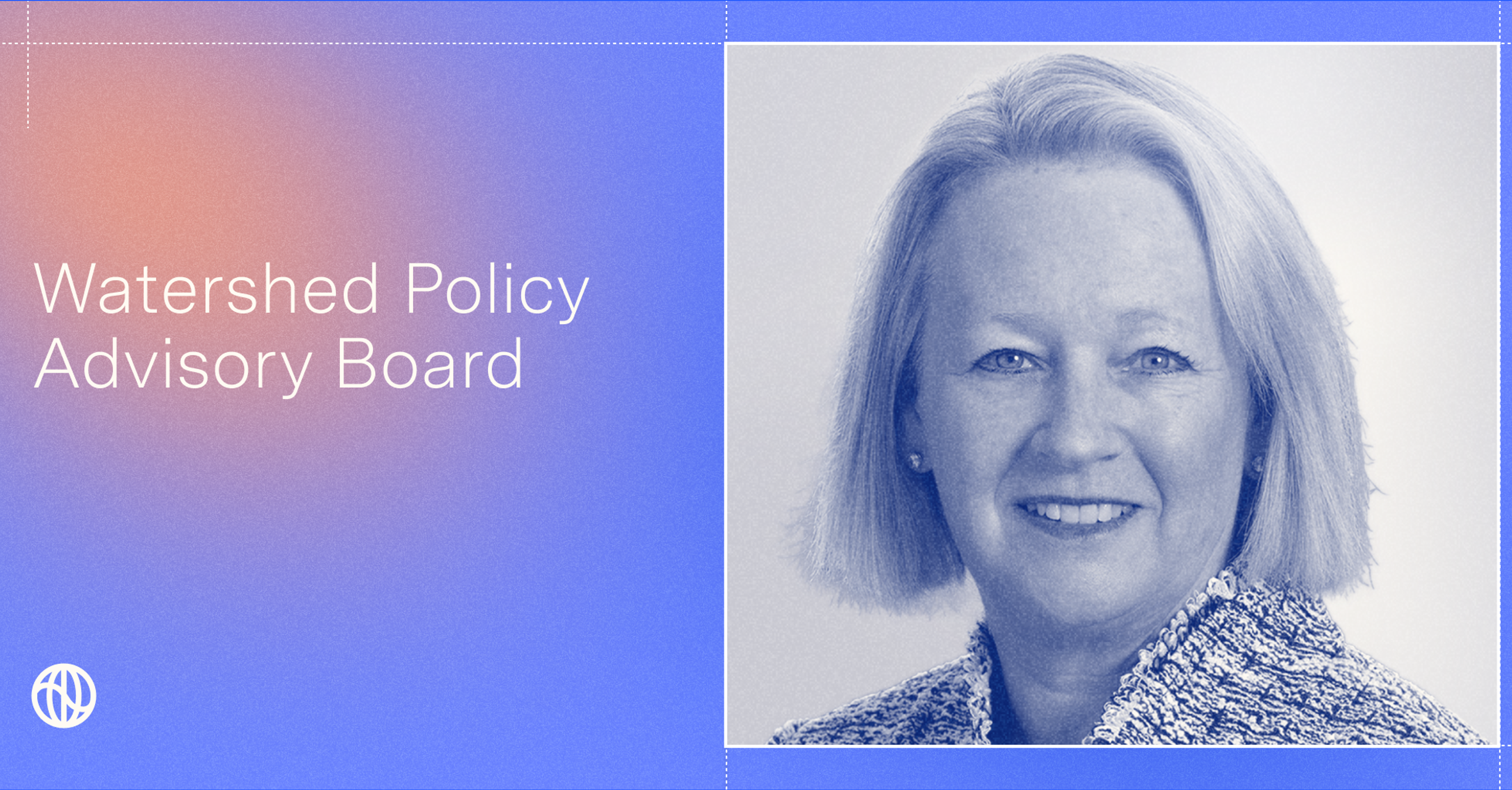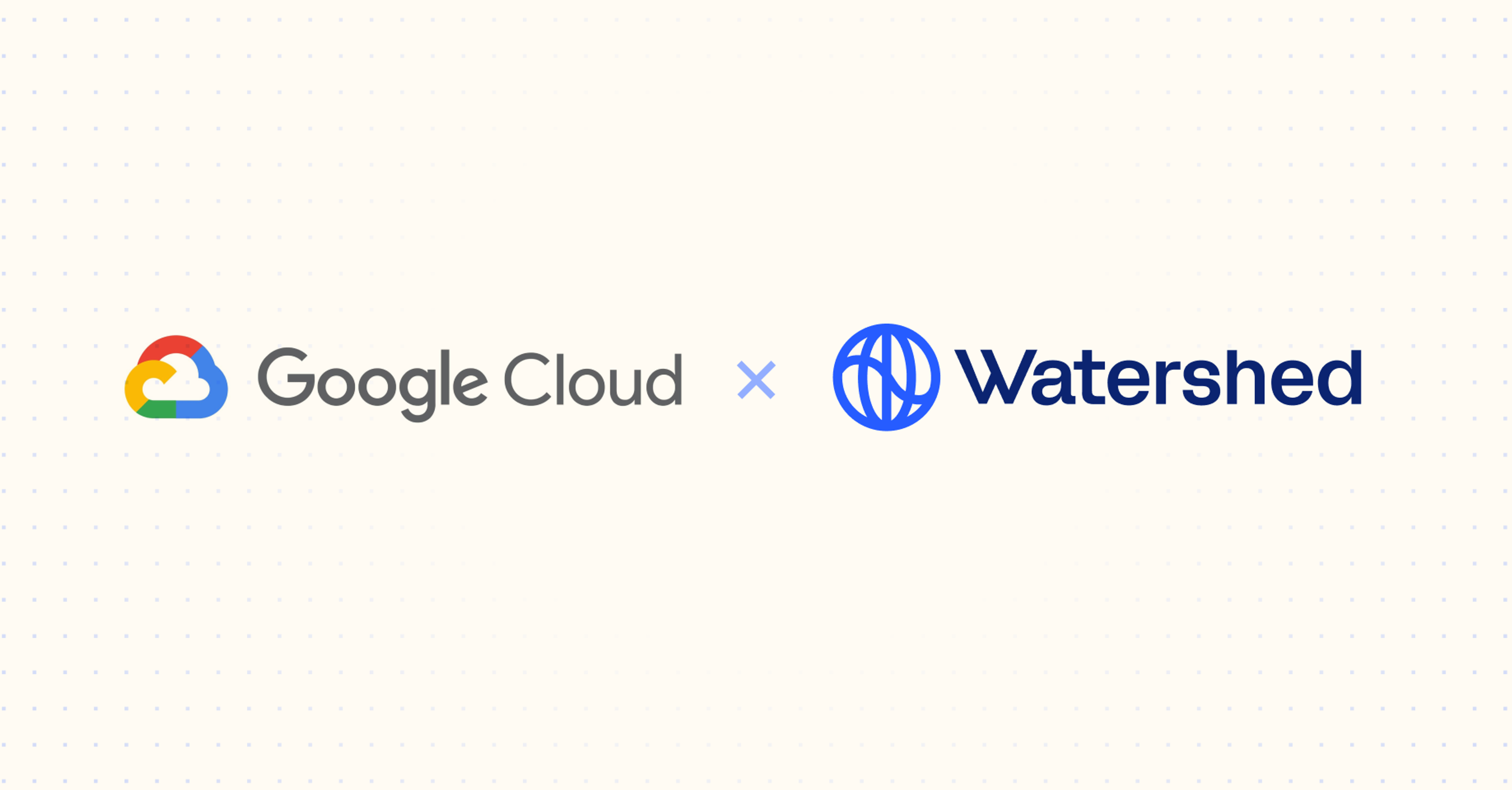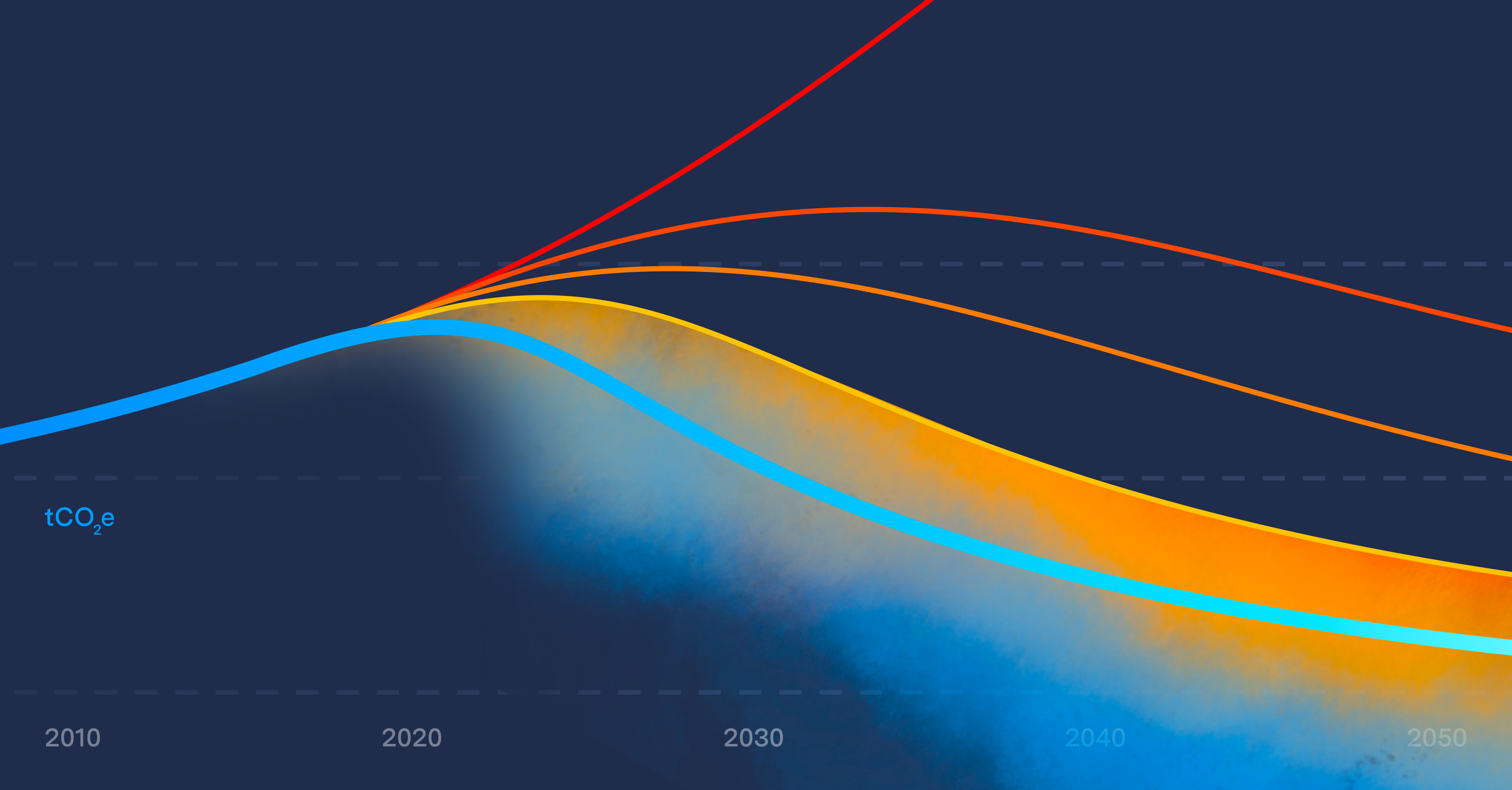Watershed has worked with Canva to co-develop a new Virtual Power Purchase Agreement (VPPA) to reduce Canva’s scope 3 emissions. The program is co-funded by the largest Canva Print suppliers, including RPI Print, Taylor, Blooming Color, Brook & Whittle, and Digital on Demand, and will build a network of new community solar projects in Illinois while reducing the emissions of these suppliers.
The network of solar projects will bring new clean power capacity onto the Midcontinent Independent System Operator (MISO) power grid, as well as significant local economic benefit. Using the community solar model, the projects will allow those who cannot install rooftop solar (such as renters or low-income households) access to clean power. The projects will also reduce household electricity bills in the community through a mechanism known as net virtual metering: Excess electricity generated by the solar plants will be sold to the local utility, which will credit the sale against the utility bills of households that subscribe to the projects.
The new projects will generate clean power and Renewable Energy Certificates (RECs), which are proof of the production of a unit of carbon-free electricity. Canva’s suppliers will use these RECs to reduce their reported emissions from electricity, known as scope 2 emissions. The reduction in suppliers’ scope 2 emissions will then result in reduced scope 3 emissions—those created by Canva’s suppliers—for Canva.
"Scope 3 emissions are by far the biggest component of almost every company's carbon footprint. Reducing these emissions is the challenge that keeps most of our customers up at night. To date, very few companies have been able to drive meaningful reductions in their supply chain,” said Matt Konieczny, Head of Clean Power at Watershed. “This program achieves scope 3 reductions through the combined action of Canva and its print suppliers. Canva has delivered an example others can follow, showing that with the right approach, companies can enable their supply chain to take high-impact climate action."
“Canva alongside our Print Partners, are united by the aspirations of Canva’s Two-Step Plan, to do the most good we can,” said Mike Williams, Global Head of Sustainability at Canva. “Forecasting the expected future energy demand of our North American Print Partners, and co-funding a community solar facility to address it using Watershed will create real, additional, emission reductions for Canva and our suppliers. Together, we’re tackling scope 3 emissions while building greater resilience for local communities.”
“RPI Print is aligned with Canva's mission to foster a culture of sustainability within our company and combat climate change,” said Suzy Cummins, Regional General Manager, RPI Print. “By joining forces with Canva, RPI’s manufacturing facilities are adopting Virtual Power Purchase Agreements (VPPAs), a cutting-edge approach to accessing clean, renewable energy. Through this partnership, RPI Print gains access to high-impact, clean power, effectively reducing our carbon emissions and being good stewards of the environment for years to come.”
Scope 3 emissions can make up 90% or more of a company’s carbon footprint, making their reduction crucial to meeting climate goals. However, many companies are lagging on scope 3 reductions, stymied by the challenge of engaging their suppliers and the high barrier to entry for impactful action.
Watershed and Canva co-developed a fixed-price supply chain VPPA to address Canva’s scope 3 reduction goals. This novel structure solves the most common challenges facing companies. For example, renewable energy developers who build and operate solar farms can require corporate purchasers to commit to a minimum facility size and a long-term contract of 10+ years; securing projects can involve complex legal negotiations and contracts.
By handling the sourcing and negotiation processes, Watershed removes the contract complexity for Canva and its suppliers, enabling a shorter-term VPPA commitment of 5 to 7 years. This approach allows small to midsize companies like Canva’s print suppliers to participate in highly impactful renewable energy projects that otherwise would be out of reach. It is also flexible and scalable, allowing new suppliers to join the project, pending volume constraints.
The program was announced today on stage at Canva Create in Los Angeles, Canva’s signature annual conference. Read more about it here.
Watershed and Canva announce new clean power solution
The program will clean up the Illinois grid while expanding access to renewable energy for local communities
